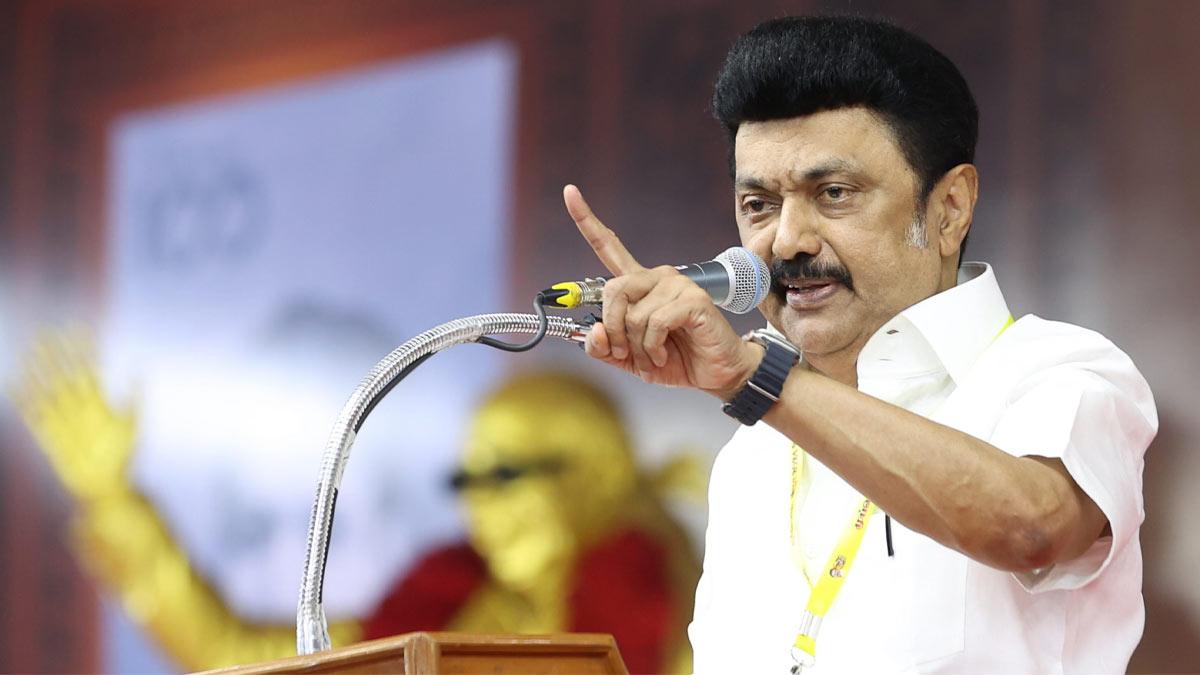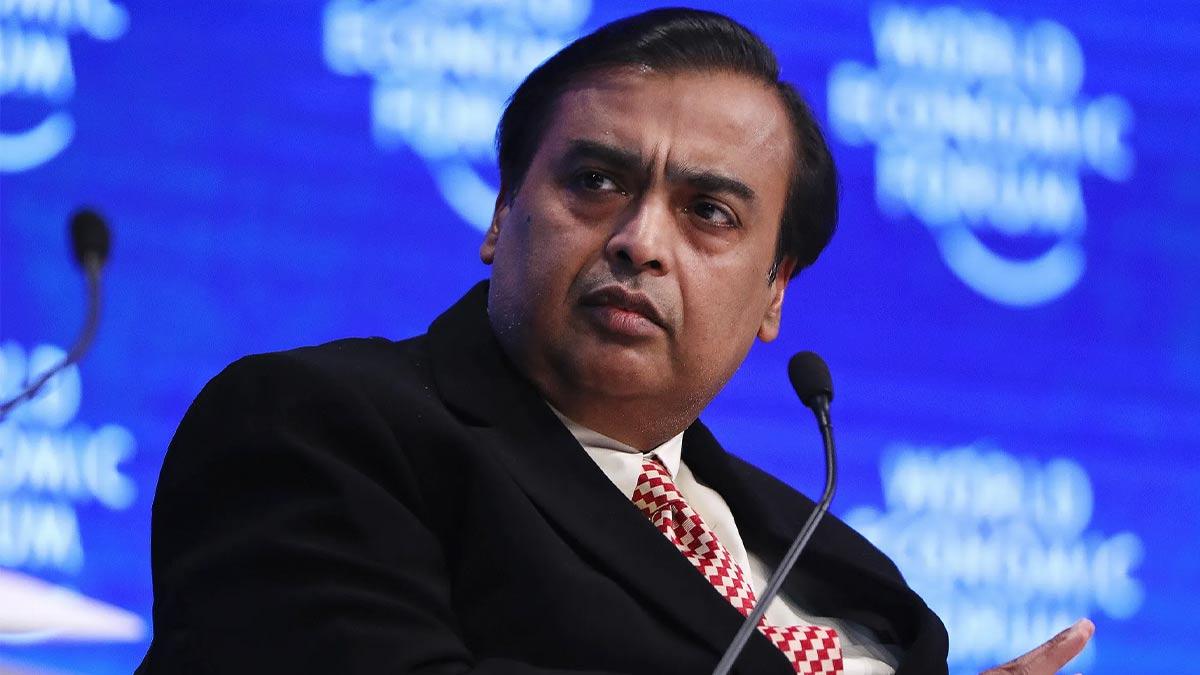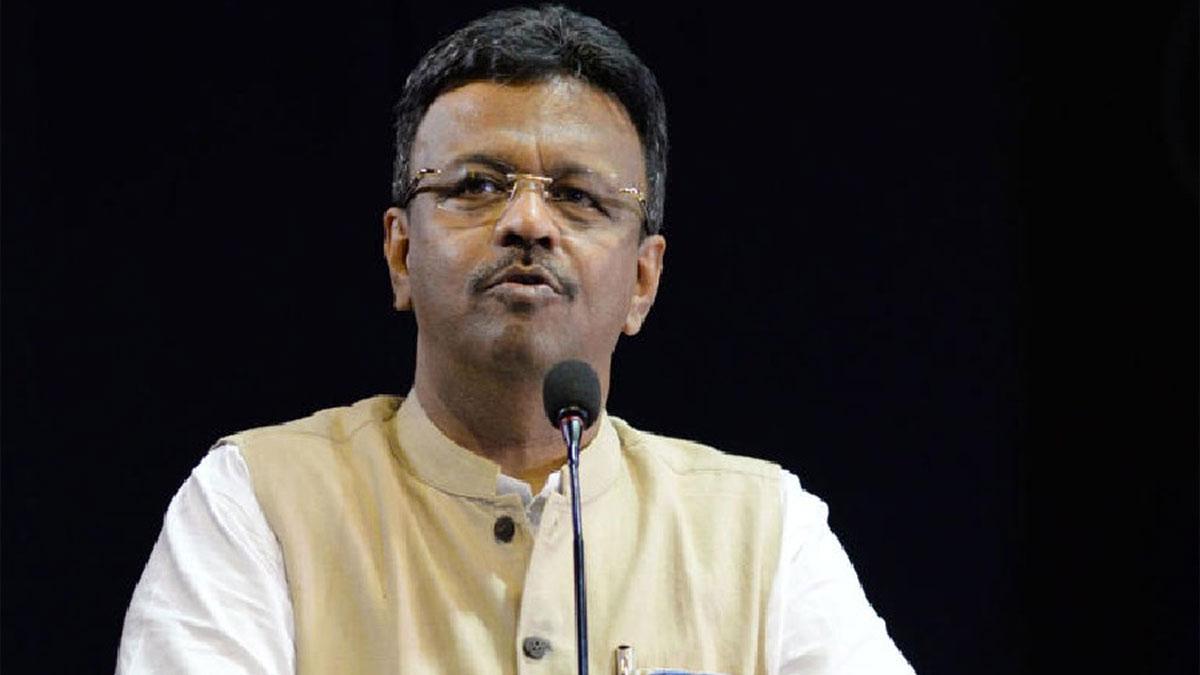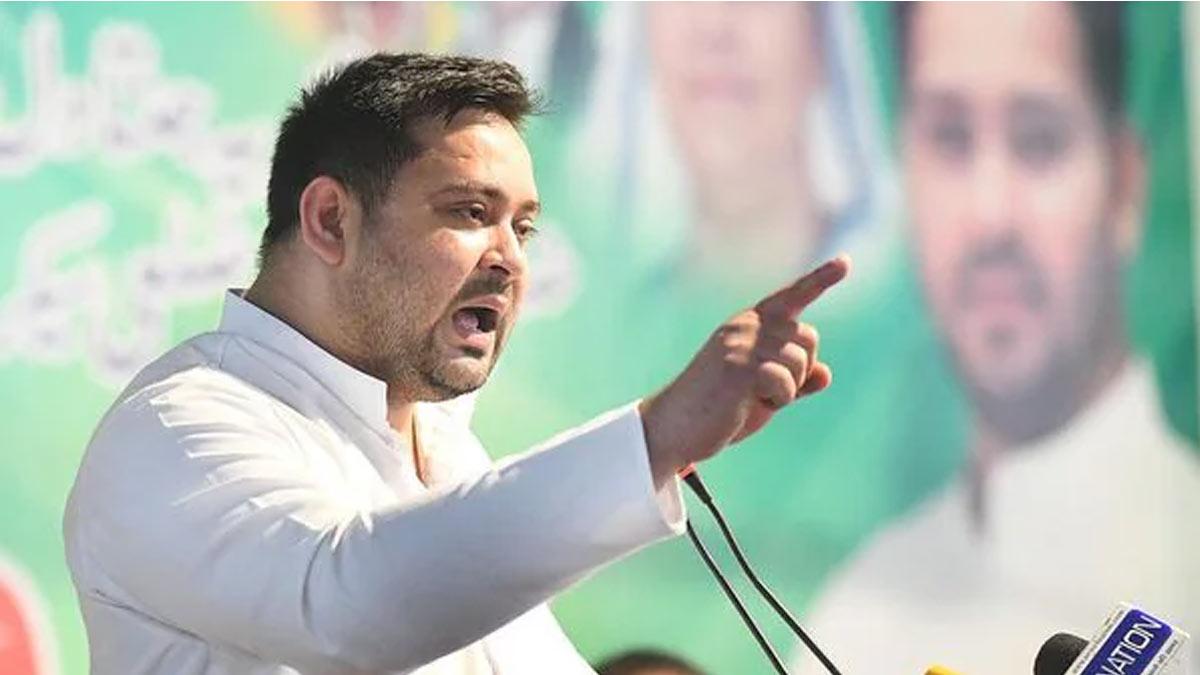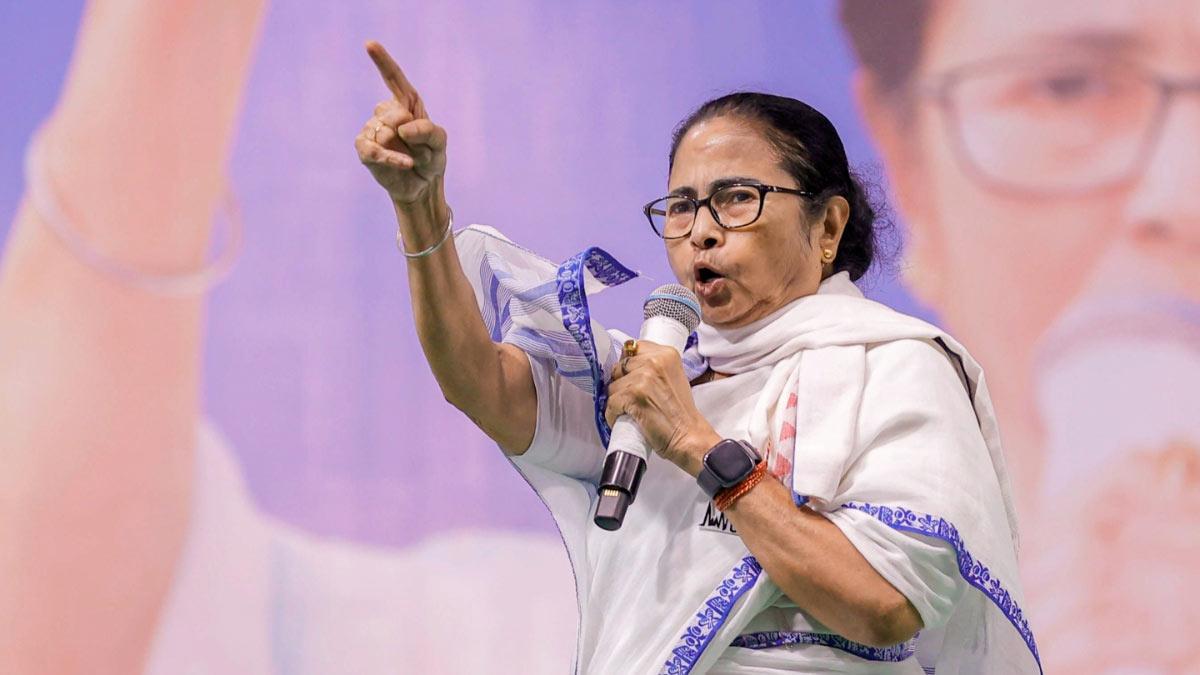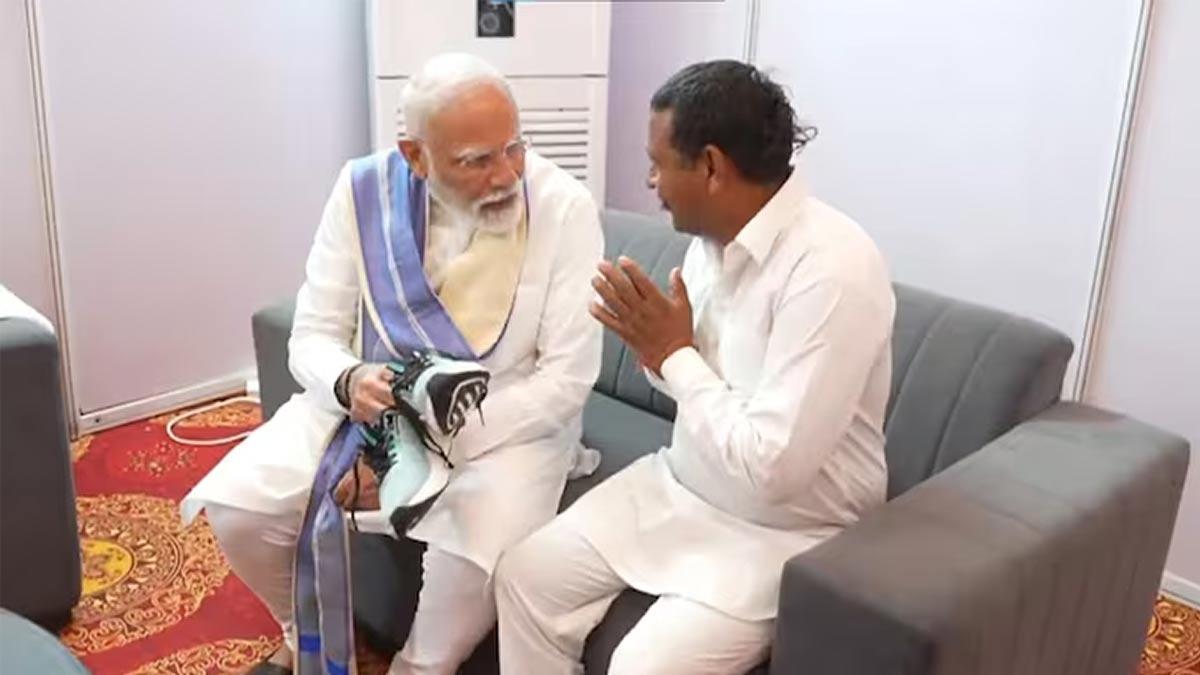Tamil Nadu Chief Minister M.K. Stalin announced the establishment of a high-level panel on Tuesday, headed by former Supreme Court judge Justice Kurian Joseph, which will study and suggest ways to improve Centre-State relations.
A major proposal under discussion is to bring education back to the State List of the Indian Constitution.
In his address to the Tamil Nadu Legislative Assembly, CM Stalin said that the committee would submit its interim report by January 2026 and the final report in two years' time. Former IAS officer Ashok Vardhan Shetty and Professor Naganathan, former Deputy Chairman of the State Planning Commission, will be part of the three-member panel.
The mandate of the committee is to carry out a comprehensive examination of the Indian Constitution, as also previous suggestions by expert committees on Centre-State relations, beginning with the Rajamannar Committee Report of 1971 and going up to the M.M. Punchhi Commission report of 2004.
CM Stalin stressed that Tamil Nadu has always been a strong upholder of constitutional values and federal principles, and the recommendations of the committee are not only for the state's sake, but for the whole nation—from Gujarat in the west to the Northeast and from Kashmir in the north to Kerala in the south.
Drawing on the views of Dr. B.R. Ambedkar and James Madison, a key figure behind the US Constitution, the Chief Minister stressed the importance of strong federalism, advocating for autonomous state governments within a united national framework.
This step is particularly noteworthy in the wake of the current strain between the DMK-run state government and the BJP-run Central government, especially over controversial subjects such as the National Eligibility cum Entrance Test (NEET), against which the Tamil Nadu government has fought tooth and nail.
Second, the creation of the committee follows recent tensions between CM Stalin and Tamil Nadu Governor R.N. Ravi, who faced Supreme Court criticism for unnecessarily delaying assent to a number of state bills, many of which had been pending for more than five years. These included 10 crucial university-related bills, which were finally passed under Constitutional provisions following a recent Supreme Court ruling.
Read also| Watch| PM Modi: Ambedkar’s Ideals Will Empower Vision of Viksit Bharat

